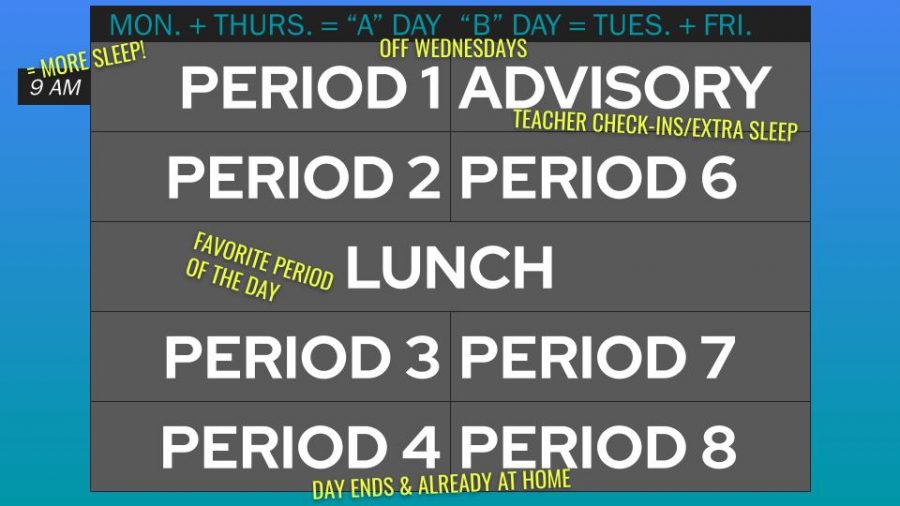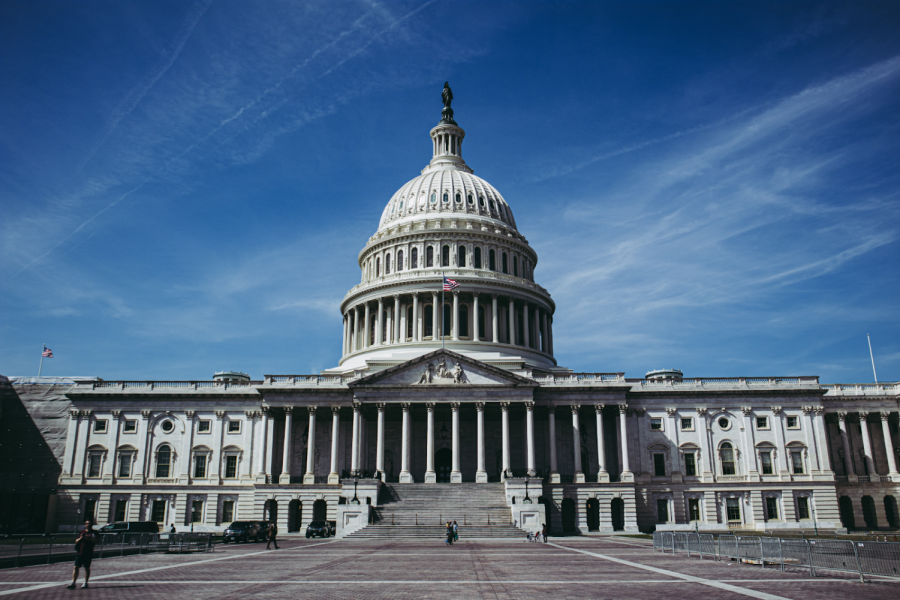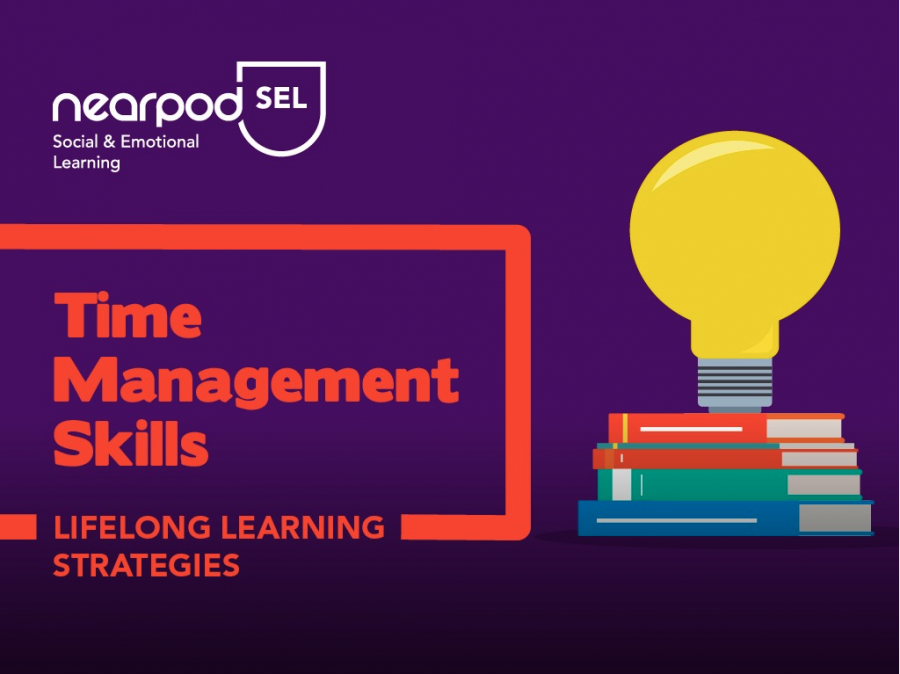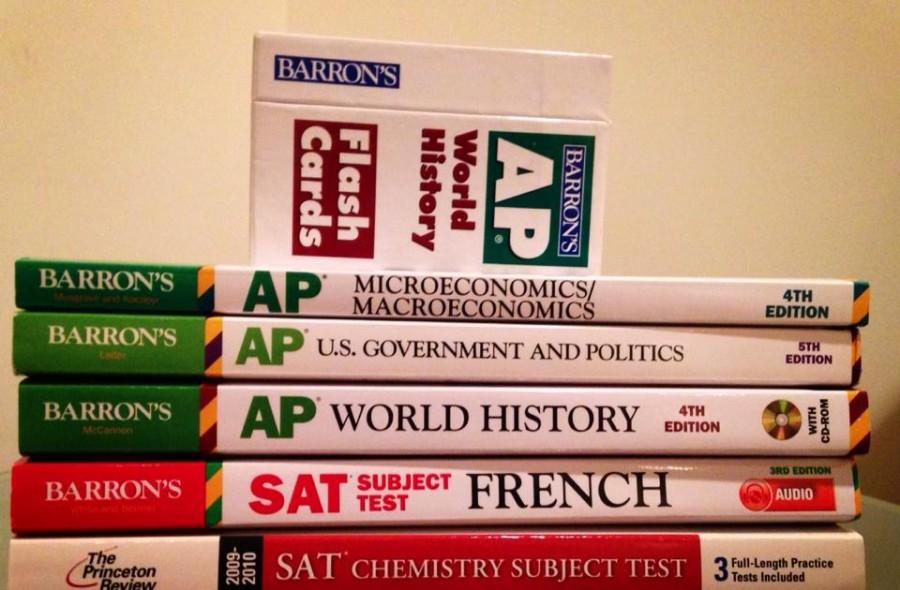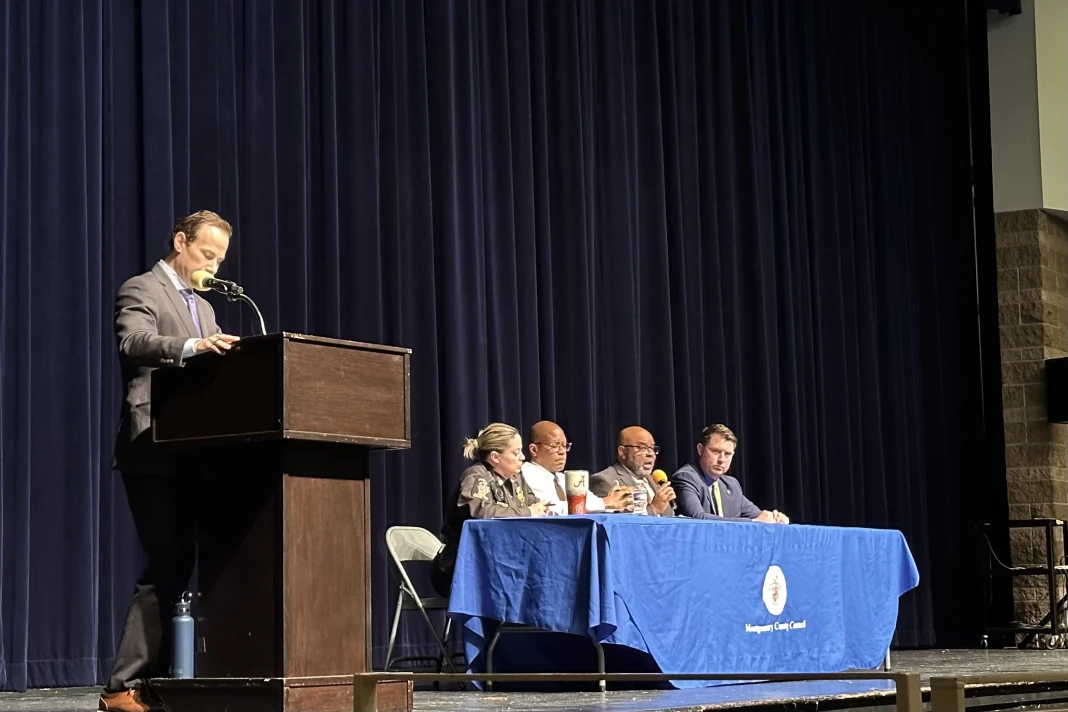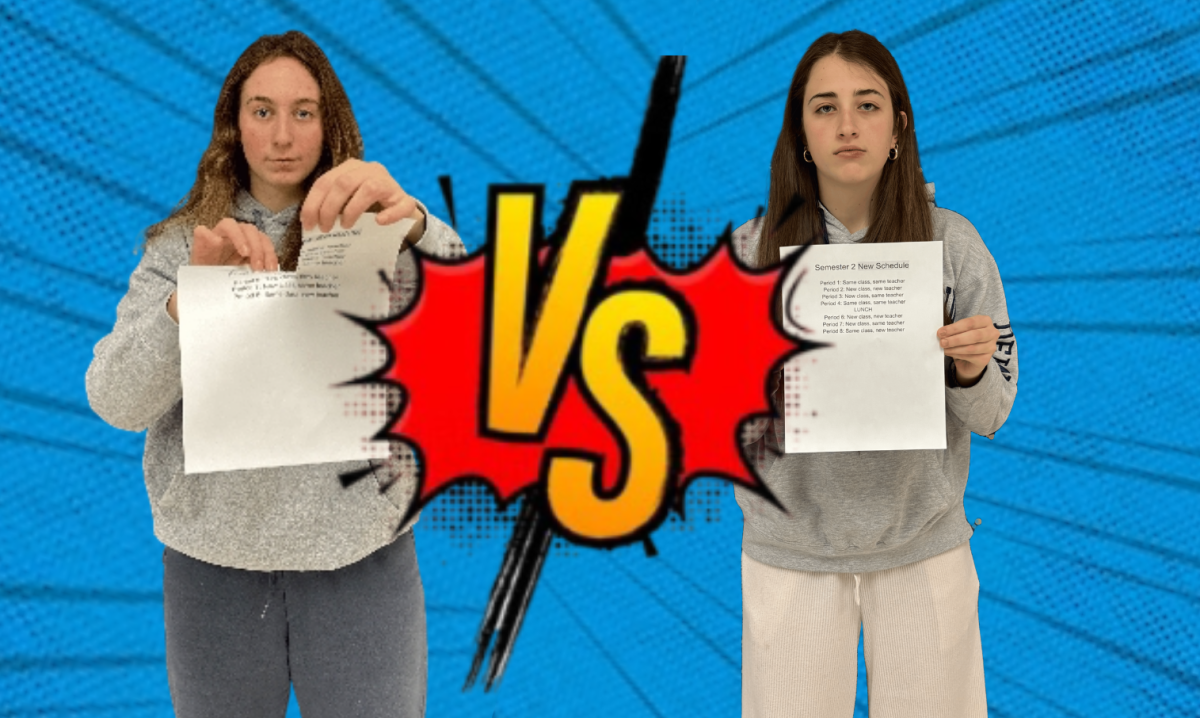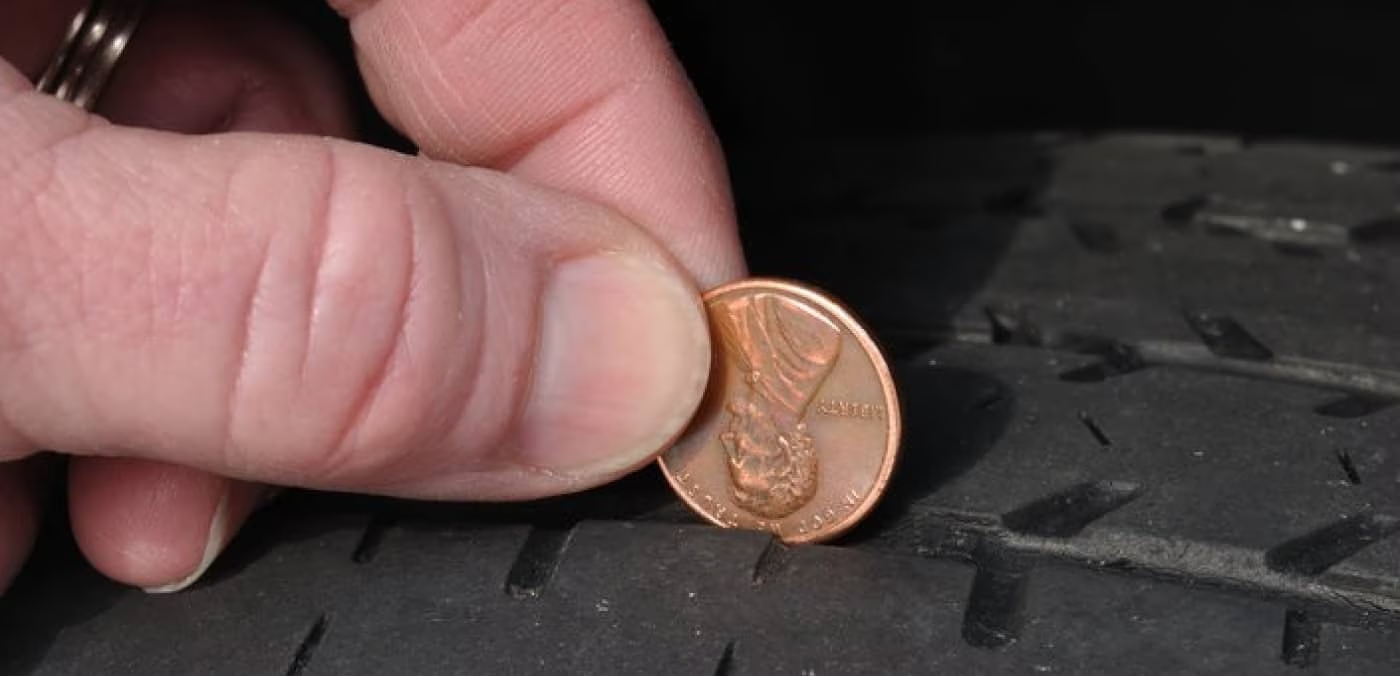In school there are certain phrases students hear a lot: stay in school, do your homework, stop bullying. One of the most stressed of these commandments is “say no to drugs.”
For the most part, drugs are bad for you, unless prescribed by doctors, and even then they should only be used as prescribed. The drugs nurses and health teachers focus on are illegal drugs, which are often quite detrimental. There is one drug, however, that sits on a fine line between legal and illegal, and students are kept ignorant about it: marijuana.
Marijuana legalization has become the subject of debate recently. According to Procon.org, a website that observes the pros and cons of controversial issues, medical marijuana is legal in 20 states and DC. It is also recreationally legal in Colorado and Washington.
The drug is legal medicinally because, according to drugabuse.gov, it is used to treat the nausea and pain associated with many illnesses, including cancer. Also according to the site, the downsides of the drugs are mostly short term, unless one begins using the drug heavily at a young age.
According to an August 2013 CNN article, a little girl’s life threatening seizures were stopped by the use of cannabis oil, the essence of the marijuana plant in liquid form, put in her food. It saved her life.
Students do not hear many of these facts in health or from school nurses. They instead hear lies.
It is understandable that teachers would want students to avoid the drug. It is illegal. It has been associated with drop outs, decreased memory, respiratory problems, and lowering of IQ by up to eight points when teens start heavily at a young age. However, deceiving kids with propaganda to keep them ignorant is not the way to go.
At freshman orientation this year, I heard school staff tell students that 60 percent of those who tried marijuana would go on to do cocaine. The statistic is actually 60 percent of those who smoke before age 15, and though that is the age of many freshman, they should make sure students understand the facts. Adults cannot just edit statistics to scare students; they have to tell the truth.
There is also the issue that marijuana and cocaine are not similar. The relationship between people who use marijuana going on to use cocaine is a correlation, but it does not prove causation. They are two entirely different substances, and using cocaine after using marijuana is a personal decision, not a consequence.
The staff then told students that smoking marijuana was more likely to cause lung cancer than smoking cigarettes. This is false.
According to a June 2013 Huffington Post article, studies so far do not suggest an increased rate of lung cancer for those who smoke small amounts of marijuana or smoke it moderately. Studies are not out on those who smoke it heavily. It is not proven to cause lung cancer, and school officials should not be telling students it does.
Students need to stop being deceived. We are in high school. We deserve to know the truth. Yes, there are negative consequences to marijuana, but there are also positive aspects, which is why it is being considered for legalization.
Come 2016, several of CHS’ current students being fed this propaganda about marijuana will be the ones voting on whether to legalize it. Students should know what they are voting for. Ignorance is not bliss. We need to educate young people so they may make their own intelligent life decisions.


